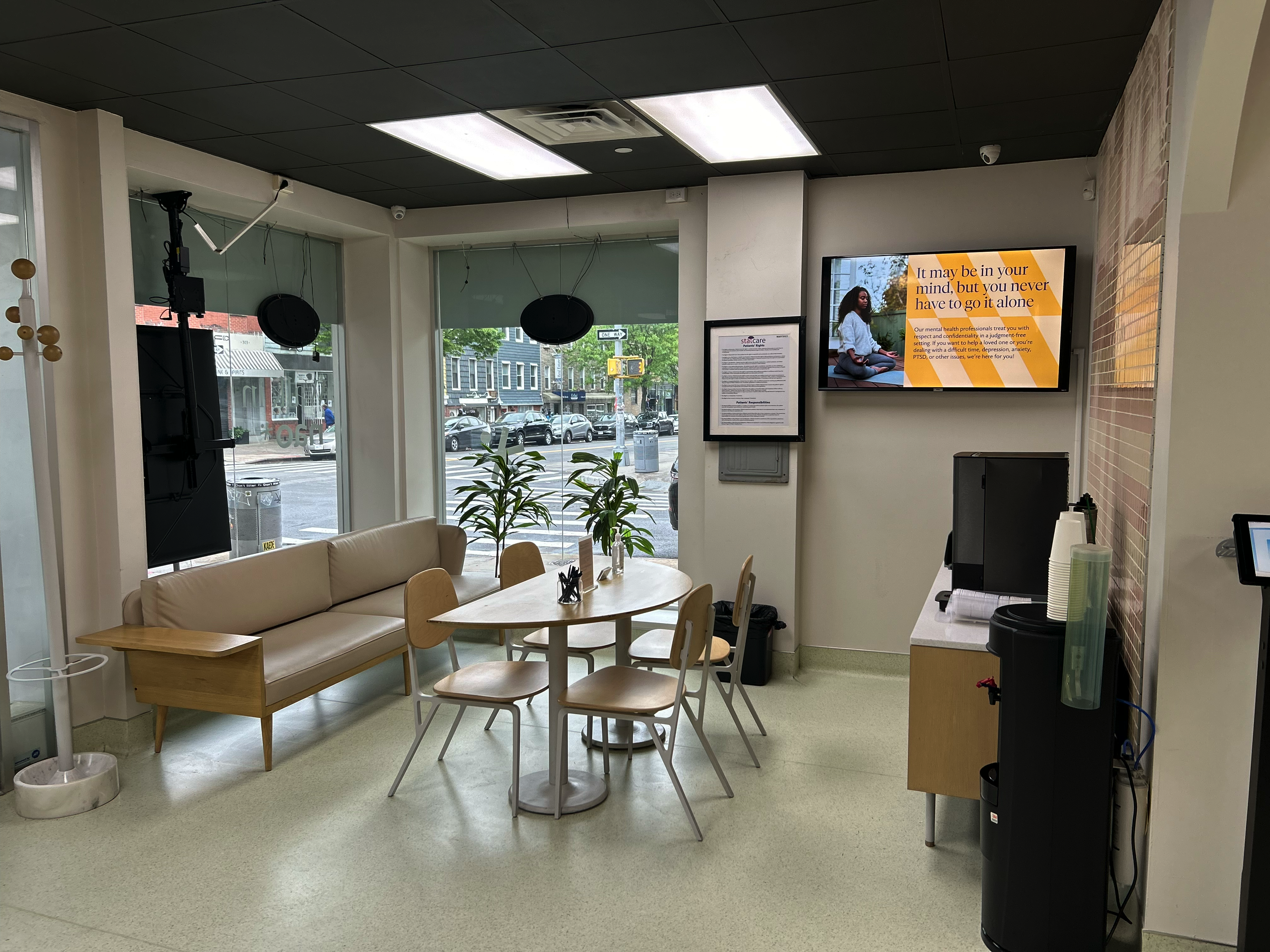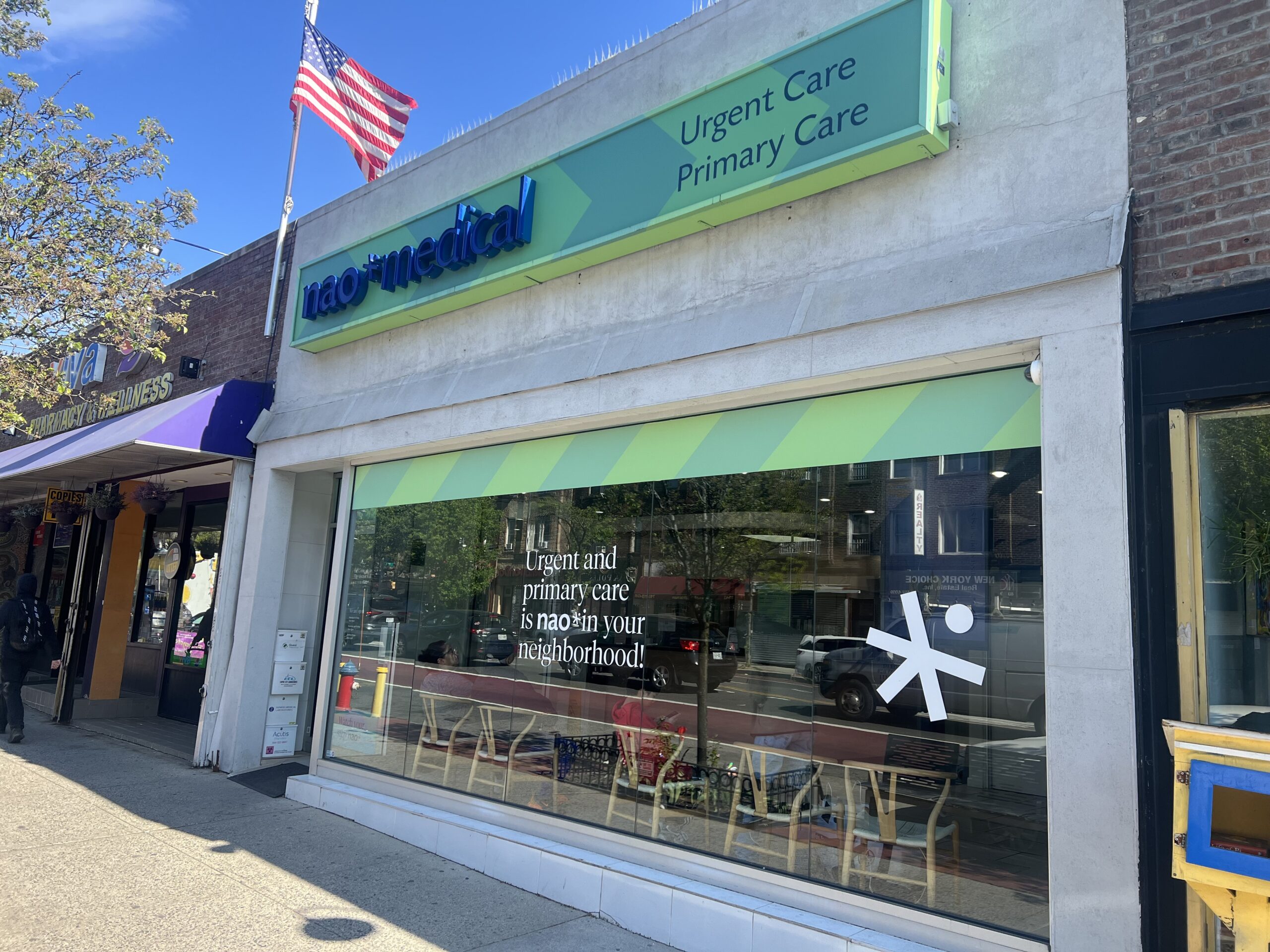Norovirus is a serious virus that causes a highly contagious stomach flu. It is the most common cause of acute gastroenteritis in the United States. It is characterized by severe gastroenteritis, leading to symptoms like nausea, vomiting, diarrhea and stomach pain.
The Centers for Disease Control and Prevention (CDC) defines an outbreak as two or more norovirus cases. Recently, outbreaks of this infectious disease have been confirmed in 14 state health departments with 225 norovirus outbreaks reported.
Here’s what you need to know about the norovirus stomach flu outbreak and how you can prevent it from spreading.
What is norovirus?
Although norovirus is commonly known as food poisoning and stomach flu, it is not related to the more familiar influenza virus. Norovirus belongs to the Caliciviridae family of viruses, like SARS-CoV-2 (Coronavirus). They are made up of single strands of the genetic material RNA. There are many types of norovirus and you can get it more than once. Infection with one type of norovirus may not protect you against other types.
Norovirus is highly contagious and can be spread from person to person, through:
- Having direct contact with an infected person (i.e. shaking hands)
- Consuming contaminated food or water
- Sharing food or eating utensils with an infected person
- Touching surfaces that have been contaminated by an infected person and then putting your unwashed hands in your mouth
What are the symptoms of norovirus?
Norovirus illness can make you feel extremely sick. The most common symptoms of norovirus gastroenteritis include:
- Diarrhea
- Vomiting
- Nausea
- Abdominal pain
These symptoms usually begin 12 to 48 hours after exposure and last 1-3 days. They can lead to dehydration, especially in children, older adults, and those with weakened immune systems. In some cases, risk factors also include low-grade to high fever, dry mouth, headaches and body aches are also present.
What should I do if I have symptoms?
If you have symptoms of norovirus, it’s important to take precautionary steps to avoid spreading the virus. Stay home from work or school and make sure you rest and drink plenty of fluids. If your symptoms become severe, seek medical attention immediately.
In addition, the CDC recommends washing your hands often with soap and water for at least 20 seconds, especially after using the bathroom and before eating or preparing food. You should also disinfect contaminated surfaces regularly with a household bleach solution to help reduce the spread of norovirus.
How does norovirus spread?
Norovirus is extremely contagious and can easily be spread from person to person. Just a tiny exposure to small amounts of norovirus particles can cause you to get sick.
People with norovirus tend to shed billions of virus particles through stool or vomit that make it incredibly easy for others around them to get infected. It’s important to note that once someone has contracted this illness they will remain infectious until several days after recovery.
Norovirus can survive some disinfectants. Therefore, awareness is key when in crowded spaces such as daycare centers, schools, nursing homes and cruise ships where germs quickly multiply on surfaces and objects over time.
5 Ways to prevent norovirus from spreading
To help stop the spread of norovirus, here are five tips on how to prevent it from spreading.
Maintain good hand hygiene
Hand washing is the single most important way to prevent norovirus infection. To properly wash hands, use soap and water and scrub your hands for at least 20 seconds before rinsing them off. If soap and water are not available, then use an alcohol-based sanitizer that contains at least 60% alcohol. This will help kill germs that may be present on your hands, though they should not substitute for washing your hands with soap and water.
Practice food safety
Make sure food safety measures are observed. Thoroughly wash all fruits and vegetables before eating them as they may be contaminated with norovirus particles. Cook oysters and other shellfish thoroughly as raw or undercooked seafood can contain noroviruses particularly because they can survive quick steaming processes and temperatures as high as 140°F.
Keep children out of areas where food is being handled and prepared. And throw away any food that you suspect might be contaminated such as food left out for long periods of time or food served at a buffet-style event where many people touched the same utensils or plates.
Do not prepare food when sick
Do not prepare food for others when you are feeling sick with norovirus symptoms such as vomiting or diarrhea, as this will increase the chances of contamination even further. It is also important to avoid caring for others, particularly children, when you are feeling ill in order to prevent further spread of the virus. Allow yourself at least 2 to 3 days before preparing food for others or providing them healthcare.
Clean and disinfect contaminated areas
If someone has been infected with norovirus in an area, then it is important to clean and disinfect all surfaces in that area using a bleach solution (1 part bleach per 10 parts water). This will help reduce the risk of transmission by killing any remaining germs on these surfaces.
Wash laundry thoroughly
Make sure to wash all laundry thoroughly using hot water (at least 140°F) and detergent in order to kill any germs that may still be present after contamination has occurred. Additionally, wear rubber or disposable gloves when handling soiled items. Make sure to separate soiled linens from other laundry items so that other items do not become contaminated during the washing process.
Get help right away
If you or someone you’re caring for is experiencing symptoms that may be related to norovirus that doesn’t go away within several days, it’s important to see a doctor or medical professional right away. Don’t take any chances with this highly contagious disease. Visit a Nao Medical near you and protect yourself and your loved ones from this harmful virus.







 (917) 310-3371
(917) 310-3371












